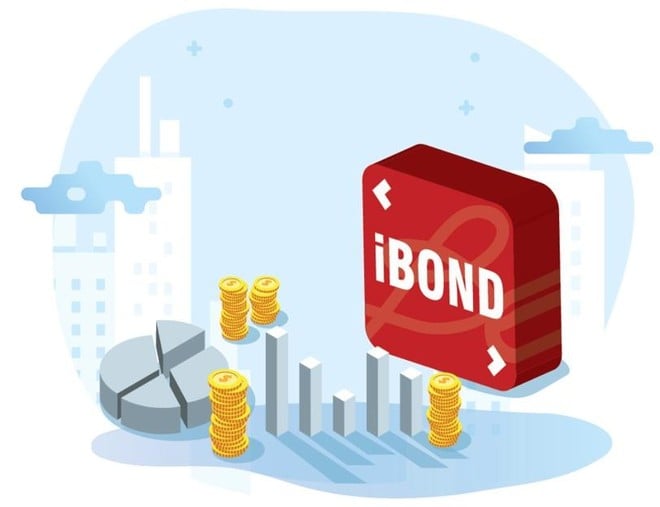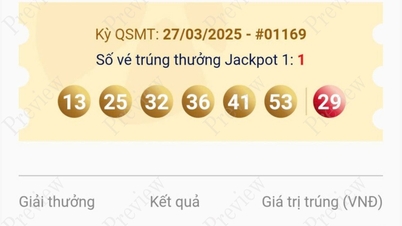ANTD.VN - After a vibrant March 2023, the corporate bond market in April recorded only one private placement bond issue worth 671 billion VND.
The scale of issuance has decreased sharply.
This bond issue comes from North Star Holdings Joint Stock Company, according to FiinRatings data. The issuance size for the month is only equivalent to 2.5% compared to the previous month and 2.25% compared to the same period last year.
This single bond issue belongs to the real estate sector, has a 16-month maturity, and offers an interest rate of 14% per annum – the highest nominal interest rate recorded since the beginning of 2023.
 |
The corporate bond market was quiet in April 2023. |
Data from FiinRatings also shows that the volume of bonds repurchased before maturity in April reached nearly VND 11.3 trillion, down 41.61% compared to the previous month and down 10% compared to the same period in 2022.
The buyback activity during the month was mainly from the banking sector, accounting for 61% of the value of bonds repurchased as of April 2023.
The value of bank bonds repurchased by these institutions increased 5.64 times compared to the previous month and 2.42 times compared to the same period last year, coming from major banks such as Vietnam International Bank (VIB), Saigon Commercial Bank (Sacombank), Vietnam Prosperity Bank (VPBank), and Vietnam Investment and Development Bank ( BIDV ).
Most of the corporate bond lots (8 out of 12 lots) repurchased by banks have a 3-year term and have exactly 1 or 2 years remaining until maturity (2024 or 2025).
At the same time, as of May 4th, the market recorded 98 issuers that were late in fulfilling their corporate bond debt obligations, with a total value of VND 128.5 trillion, an increase of 13.6% compared to the last update (April 17th).
Circular 03: Only a temporary solution
Recently, the State Bank of Vietnam issued Circular 03/2023/TT-NHNN suspending the effect of Clause 11, Article 4 of Circular 16/2021/TT-NHNN. Accordingly, it allows credit institutions to repurchase unlisted corporate bonds that they have sold and/or unlisted corporate bonds issued in the same lot/sequential issuance as the unlisted corporate bonds they have sold.
However, the regulation limits the number of companies whose bonds are repurchased to the highest internal credit rating of the credit institution. According to FiinRatings' assessment, the majority of issuers have low credit health or credit ratings. Therefore, it is highly likely that the stated clause will not meet the repurchase needs of issuers currently facing liquidity difficulties.
With the Circular only valid until the end of this year, credit institutions are focusing on resolving existing and maturing bond issues in the immediate future to alleviate debt pressure. Therefore, this is only a temporary solution that creates little real liquidity for the corporate bond market.
Furthermore, this inadvertently sets a bad precedent for the corporate bond market when banks step in to pay on behalf of businesses. If the bonds are then returned to the bank's ownership, it will essentially be a credit operation rather than a bond market operation. This increases concentration risk in the short term for the system, but will help stabilize the market in the long term.
Fiin's experts believe that implementing the regulation regarding the highest-rated issuing companies will be difficult due to potential interpretations of this provision.
Internal credit ratings are regulated by Circular 11/2021/TT-NHNN, developed and implemented by banks. However, according to Circular 03, the highest rating can be understood as the highest score within the internal credit system stipulated in Circular 11/2021/TT-NHNN.
"However, it could also be interpreted as the highest rating among the group of corporate bonds in the unlisted corporate bond portfolio that commercial banks have sold, or the highest rating within each industry group that the issuing company belongs to. Commercial banks will need more specific guidance to avoid misapplication," FiinRatings experts commented.
Source link





![[Photo] Prime Minister Pham Minh Chinh holds a phone call with the CEO of Russia's Rosatom Corporation.](/_next/image?url=https%3A%2F%2Fvphoto.vietnam.vn%2Fthumb%2F1200x675%2Fvietnam%2Fresource%2FIMAGE%2F2025%2F12%2F11%2F1765464552365_dsc-5295-jpg.webp&w=3840&q=75)
![[Photo] Closing Ceremony of the 10th Session of the 15th National Assembly](/_next/image?url=https%3A%2F%2Fvphoto.vietnam.vn%2Fthumb%2F1200x675%2Fvietnam%2Fresource%2FIMAGE%2F2025%2F12%2F11%2F1765448959967_image-1437-jpg.webp&w=3840&q=75)




















































![[OFFICIAL] MISA GROUP ANNOUNCES ITS PIONEERING BRAND POSITIONING IN BUILDING AGENTIC AI FOR BUSINESSES, HOUSEHOLDS, AND THE GOVERNMENT](https://vphoto.vietnam.vn/thumb/402x226/vietnam/resource/IMAGE/2025/12/11/1765444754256_agentic-ai_postfb-scaled.png)
























































Comment (0)